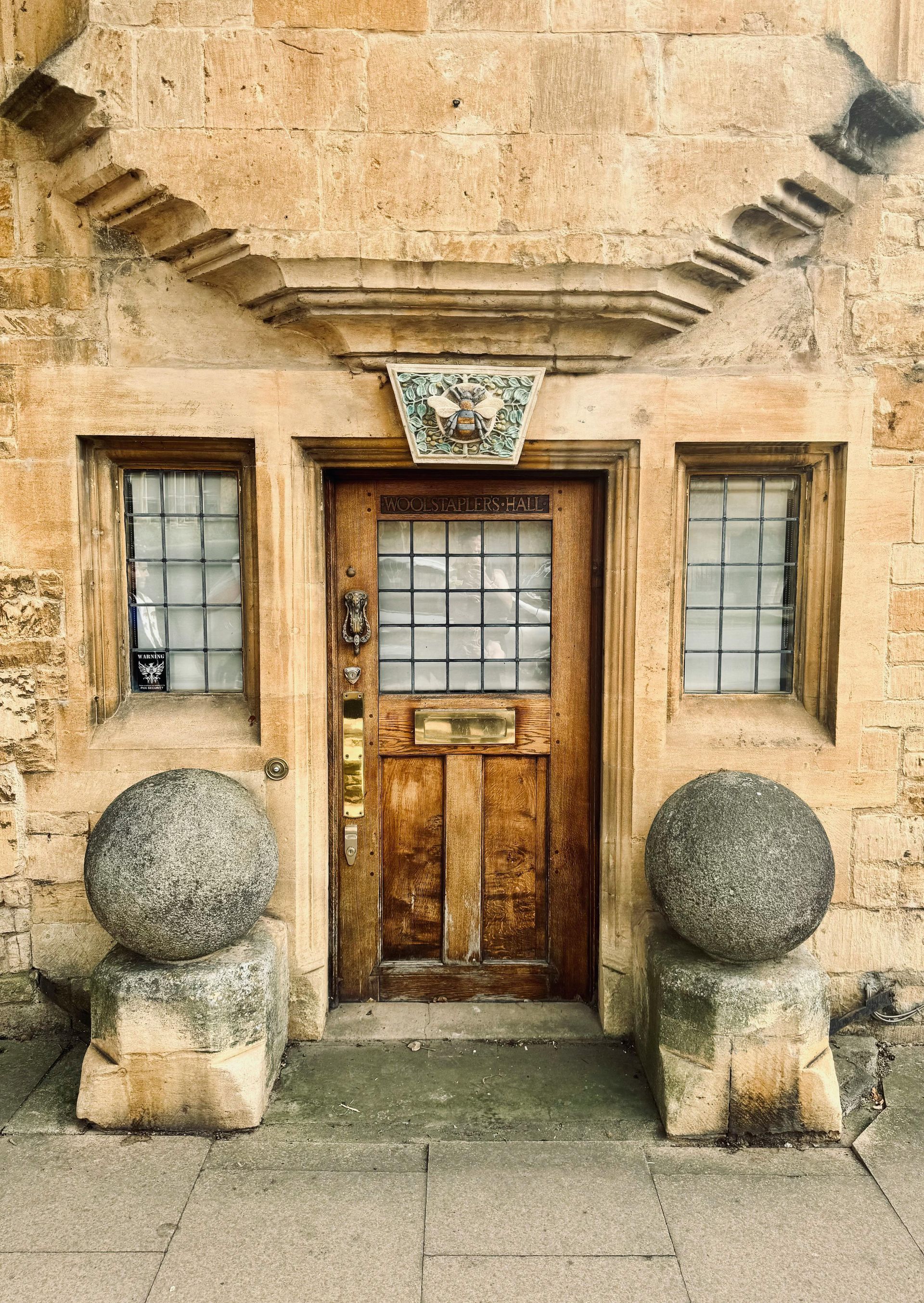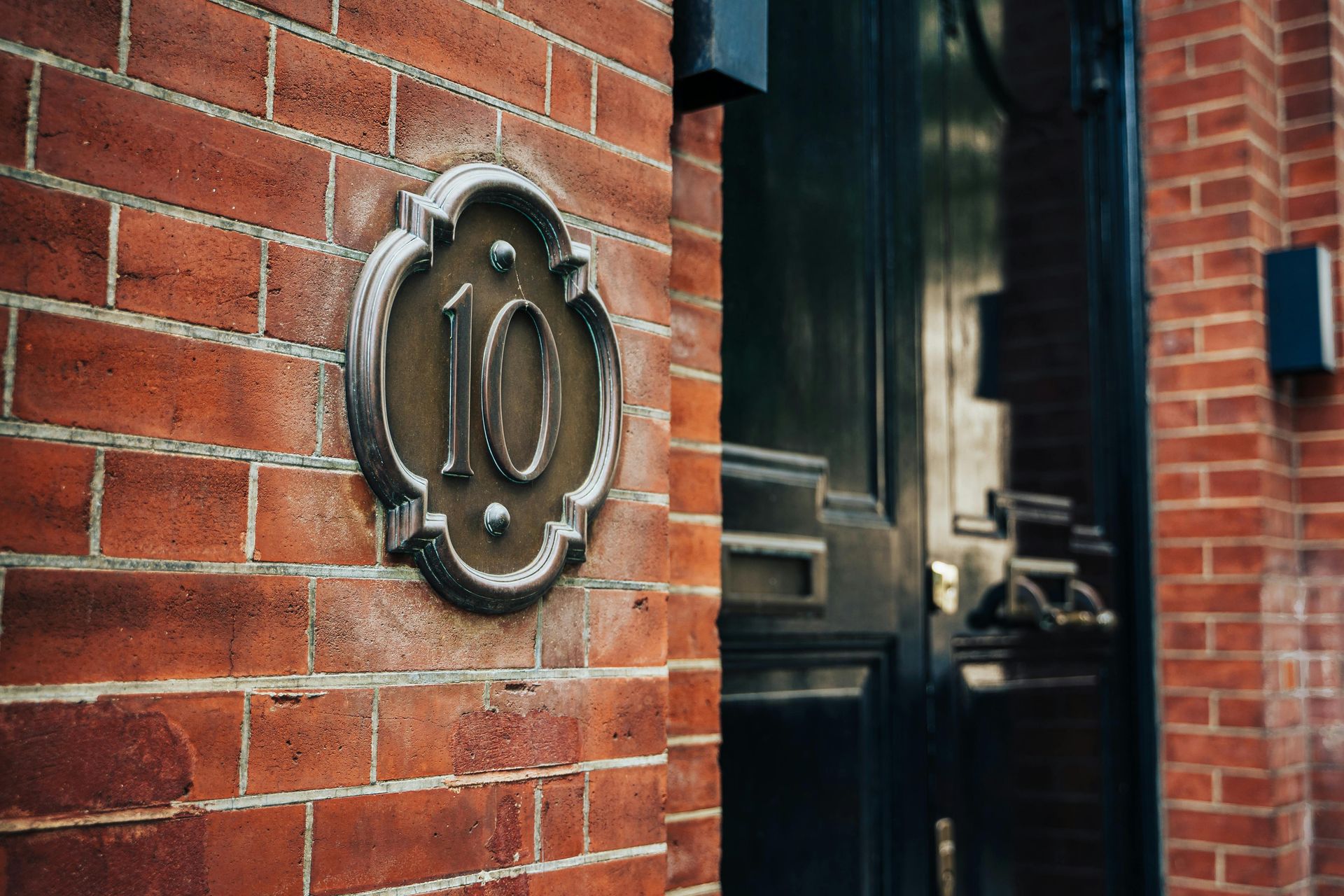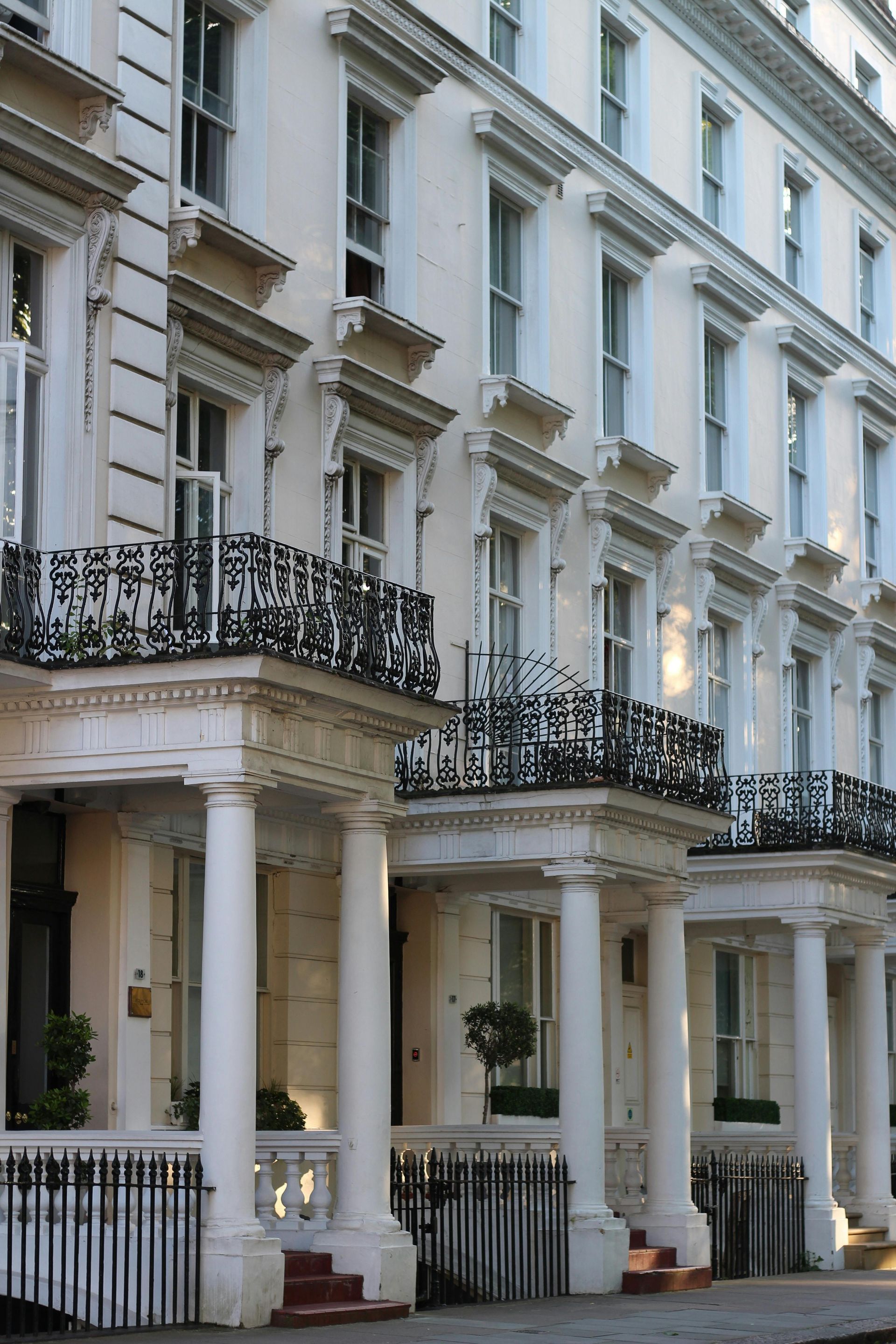For decades, Qatari investment in the UK has been defined by residential and trophy assets: Mayfair mansions, Belgravia townhouses, and flagship holdings such as Harrods. Yet in 2025, the focus is broadening. Alongside high-profile luxury properties, Qatari families and institutions are increasingly targeting commercial assets — from central London office blocks to regional logistics hubs.
This evolution reflects two parallel trends. First, Qatari family offices are diversifying portfolios to balance yield, resilience, and intergenerational wealth. Second, UK commercial property offers attractive opportunities at a time when values have adjusted and financing conditions are shifting.
This blog explores why Qatari investors are focusing on UK commercial assets, what sectors are attracting the most attention, and how finance is structured to support these acquisitions.
Why Commercial Property Appeals to Qatari Investors
Residential property will always hold prestige, but commercial property offers something different: yield. While a Mayfair townhouse may appreciate steadily, its rental return is limited. By contrast, a long-let office block or logistics warehouse provides stable, predictable income alongside capital growth.
For Qatari family offices managing multi-generational wealth, this income is essential. It supports family businesses, funds philanthropic commitments, and underpins global investments. Commercial property also provides diversification away from reliance on luxury residential markets, ensuring stability across cycles.
We explored similar diversification principles in our blog on
portfolio mortgages for landlords, where spreading exposure across assets enhances resilience. For Qatari buyers, diversification now extends beyond residential portfolios into the commercial arena.
Offices: Strategic and Symbolic
Despite challenges in the global office market, Qatari investors continue to view London offices as strategic holdings. Prime West End and City assets offer not only income but also prestige. Owning a landmark building near St Paul’s or in Mayfair signals permanence and influence.
These acquisitions are rarely speculative. Family offices prefer prime, Grade A buildings with long leases to strong tenants. Yield is important, but so is stability. For them, a West End office with a blue-chip tenant offers both income and legacy value — much like a Belgravia mansion, but on an institutional scale.
We analysed similar prestige-driven acquisitions in our article on
Prime Central London property for American buyers, where symbolism and strategy go hand in hand. For Qatari families, offices fulfil this dual role.
Logistics: Resilient and Growing
Beyond central London, Qatari investors are increasingly interested in logistics. Warehouses and distribution hubs, particularly in the Midlands and along key motorway corridors, have proven resilient. E-commerce growth continues to underpin demand, while supply constraints protect values.
For Qatari family offices, logistics provides something that prime London residential cannot: scalable, income-driven investment. A £50 million warehouse portfolio may not carry the glamour of Knightsbridge, but it delivers steady income with long-term tenants such as Amazon or DHL.
This shift echoes trends we discussed in
how international investors finance UK property. Qataris are not abandoning prestige — they are complementing it with assets that underpin stability.
Retail Blocks: Selective but Strategic
Retail has faced headwinds in recent years, but Qatari investors remain active in selective segments. Prime retail blocks in Oxford Street, Bond Street, and Knightsbridge retain value as global destinations. Families with existing holdings in these areas are often expanding, consolidating control over entire stretches of retail frontage.
These acquisitions are not short-term plays. They are multi-generational strategies, ensuring that the family’s presence in London is both visible and enduring. While secondary retail may struggle, prime West End assets remain attractive for families who see them as part of cultural as well as financial legacy.
Financing Commercial Acquisitions
Commercial property transactions for Qatari buyers often involve a mix of equity and leverage. While families may bring significant capital, financing provides tax efficiency and preserves liquidity for other global investments.
Private banks remain central to this process. Facilities are structured not only around property value but also around the family’s broader wealth. Securities-backed lending, for example, may be used to fund deposits, while senior debt covers the majority of acquisition costs. Sharia-compliant structures are increasingly common, ensuring compliance while still delivering flexibility.
Our article on
large mortgage loans highlighted how private banks arrange high-value facilities with speed and discretion. For Qatari families acquiring office blocks or logistics hubs, these facilities are essential.
Case Example: West End Office Acquisition
In 2025, a Qatari family office acquired a Grade A office building in the West End valued at £180 million. The acquisition was structured through a Jersey trust, with £80 million in equity contributed and £100 million financed via a Sharia-compliant Ijara facility from a private bank.
The building is fully let to a global financial institution, delivering steady income and reinforcing the family’s London presence. The structure ensures both immediate yield and long-term succession planning, with the trust safeguarding continuity for future generations.
This case reflects how commercial acquisitions are not speculative gambles but carefully structured strategies that combine finance, legacy, and intergenerational planning.
Challenges and Considerations
Commercial property presents unique challenges for Qatari buyers. Due diligence is more complex, requiring detailed tenant and lease analysis. Financing structures must align with both UK regulation and family office requirements. Currency timing remains critical, particularly for larger acquisitions.
Yet these challenges are not deterrents. For families accustomed to managing global portfolios, they are part of the process. With the right advisers, risks can be mitigated, turning challenges into opportunities.
Intergenerational and Legacy Dimensions
As with residential property, commercial acquisitions are framed through an intergenerational lens. A Mayfair office block or Oxford Street retail frontage is not a short-term investment but a legacy asset. It will be held within trusts, coordinated by family offices, and passed across generations.
This focus on continuity links directly to themes we explored in
intergenerational property finance. For Qatari buyers, commercial property is simply another dimension of the same long-term strategy.
How Willow Private Finance Helps
At Willow Private Finance, we specialise in structuring finance for large, complex commercial acquisitions. Our role includes:
- Securing Sharia-compliant facilities for offices, logistics hubs, and retail portfolios.
- Coordinating with family offices, offshore trustees, and legal advisers to align acquisitions with succession planning.
- Leveraging private bank relationships to arrange high-value facilities with discretion.
- Ensuring that finance supports both immediate yield and long-term legacy.
For Qatari families, we are not just sourcing mortgages — we are structuring solutions that integrate finance with wealth preservation.
Frequently Asked Questions
Why are Qatari investors shifting toward UK commercial property?
They seek income-producing assets with steady yield, diversification beyond luxury residential, and long-term stability in a mature market.
Which commercial sectors are most attractive to Qatari buyers?
Primarily offices in London (especially Grade A, blue-chip tenancies), regional logistics / warehouses, and selective prime retail frontage.
How are these acquisitions typically financed?
They use a mix of equity and leverage—often via private banks—sometimes structured with Sharia-compliant facilities, and integrated with family office wealth.
What challenges do Qatari investors face in UK commercial acquisitions?
Due diligence complexity (tenant and lease risk), aligning financing with regulatory and trust structures, currency timing issues, and valuation/exit risk.
How does commercial investment fit into Qatari family legacy planning?
These assets are often held for generations, embedded into trusts and succession structures, combining yield, prestige, and continuity.
Conclusion
In 2025, Qatari buyers are expanding their UK presence beyond luxury residences into offices, logistics, and retail. These assets provide diversification, yield, and legacy, reinforcing both financial and cultural ties to London.
By leveraging private bank finance, offshore structures, and Sharia-compliant facilities, Qatari families are securing not just buildings but continuity — assets that will remain part of their portfolios for generations.
Commercial property is no longer a side note. It is becoming central to Qatari strategies, balancing prestige with income and creating a resilient foundation for long-term wealth.
📞 Want Help Financing UK Commercial Property?
Willow Private Finance works with Qatari families and institutions to structure bespoke finance for office, logistics, and retail acquisitions.











